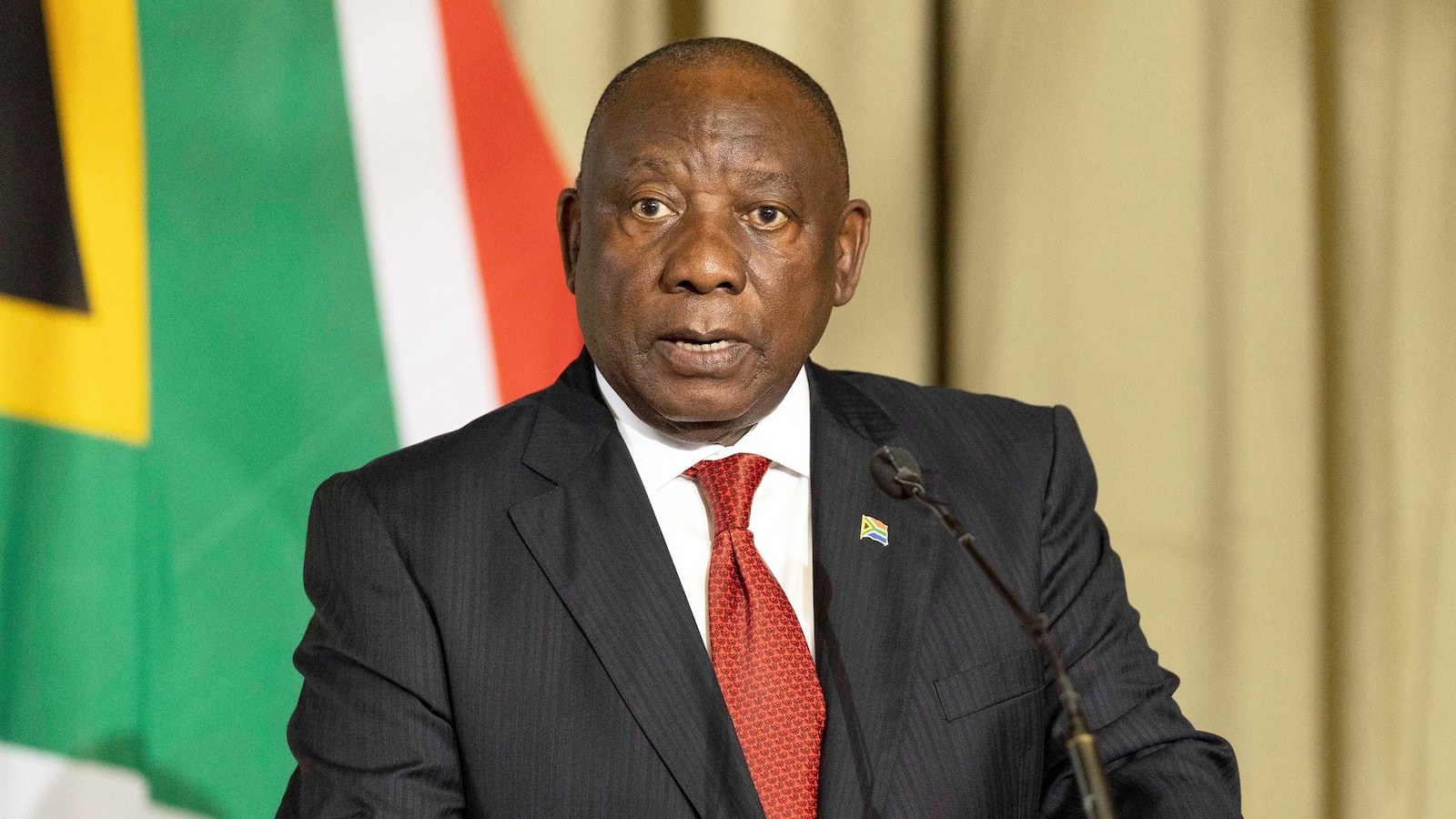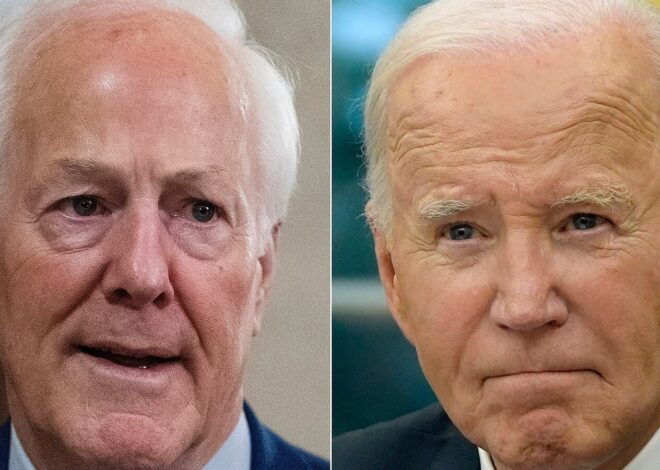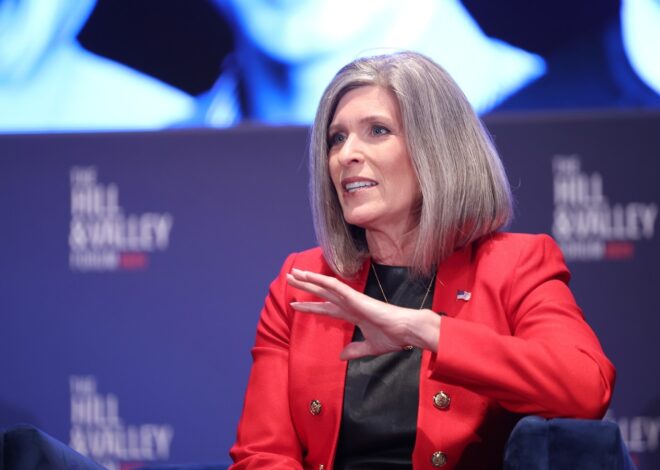
Trump to Welcome South African President Amid Strains Over US Resettlement of White Afrikaners
Trump and Ramaphosa Face Tensions Over South African Farmers
Perhaps it’s the small whispers that stir the biggest controversies. Last week, President Donald Trump made bold assertions about a “genocide” allegedly targeting white farmers in South Africa, a claim swiftly countered by South African President Cyril Ramaphosa. It’s a situation fraught with diplomatic tension, one that brings into question the nuances of race, politics, and property rights on an international stage.
At the heart of the matter is Trump’s claim that white South African farmers are facing brutal attacks and land confiscations, described by him as a form of genocide. Yet, South African authorities dispute this narrative. They insist that the nation’s police statistics do not support the idea of racially motivated crimes targeting farmers. Ramaphosa, who spoke directly with Trump over the phone, assured him that such claims were unfounded, propagated by those resisting the transformative agenda in South Africa.
Flight of Afrikaners to the U.S.
In a dramatic turn, the first flight of Afrikaners seeking refuge landed in the U.S. Their arrival was part of an expedited process under an executive order from Trump titled, “Addressing Egregious Actions of the Republic of South Africa.” This move, perhaps, marks a significant stance from the U.S. administration, one that has drawn mixed reactions globally. The order argues against South Africa’s land expropriation laws, viewing them as a breach of citizen rights-a perspective not universally shared.
Ramaphosa retorted that those arriving in the U.S. do not meet the typical criteria for refugees, as they aren’t fleeing persecution. He reiterated the aim of South Africa’s legislation-to address the historical land injustices of apartheid, allowing for expropriation in the public interest with compensation considerations. Critics argue the order is an unfair characterization of South Africa’s efforts to rectify past wrongs.
Diplomatic Ripples
The issue has even affected diplomatic ties, with the expulsion of South African Ambassador Ebrahim Rasool from the U.S. adding to the strain. The administration’s actions have drawn scrutiny for prioritizing Afrikaner immigrants while restricting others, from nations like Venezuela and Haiti. Senator Marco Rubio defended the decision, stating those arriving met necessary criteria, though not everyone agrees. Democratic Sen. Tim Kaine criticized the claim of Afrikaner persecution as baseless, pointing to the irony of the U.S.’s past immigration policies during apartheid.
Among those amplifying concerns is Elon Musk, a South African native. His influence may be another piece in the complex puzzle, as he uses his platform to voice issues affecting South African landowners. Meanwhile, Ramaphosa expressed hope for his upcoming discussions with Trump, focusing on strengthening trade relations and addressing international issues like the situations in Israel and Ukraine.
While the issue of Afrikaner refugees wasn’t mentioned in his video statements, Ramaphosa emphasized South Africa’s commitment to its sovereignty, vowing to do what’s best for its citizens. It’s a sentiment that resonates amid the swirling debates and diplomatic maneuvers.
As these discussions unfold, they reveal deeper layers of international relations, historical injustices, and the intricacies of policy. To read more on the evolving situation, you can check this ABC News article.
In these days of rapid headlines and shifting narratives, it’s maybe a reminder that nothing is ever as straightforward as it first seems…



